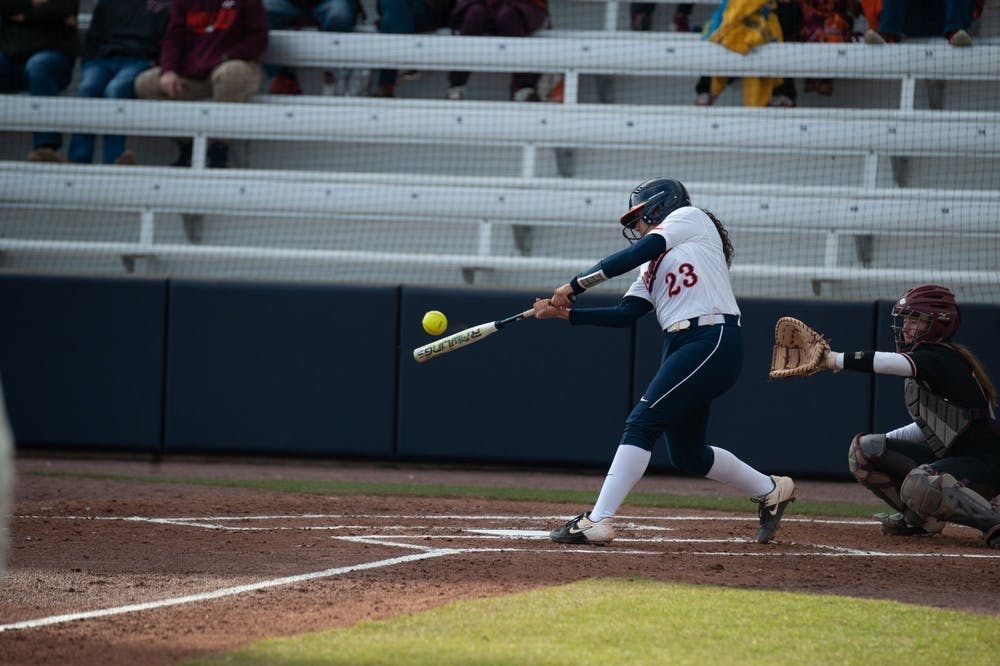The NCAA Division I Council announced Monday that all Division I programs will be allowed to provide spring-sport student athletes an additional season of competition at the collegiate level. The Council also declined to provide the same relief — an extra year of eligibility — to winter-sport student athletes.
Division I schools will be able to self-apply waivers that restore a year of eligibility for student-athletes competing on spring sport teams. The decision was made to aid athletes whose 2020 spring season was shortened in response to the coronavirus pandemic.
“The Council’s decision gives individual schools the flexibility to make decisions at a campus level,” said M. Grace Calhoun, NCAA Division I Council chair and athletics director at UPenn. “The Board of Governors encouraged conferences and schools to take action in the best interest of student-athletes and their communities, and now schools have the opportunity to do that.”
The 41-member council — which includes athletic directors, administrators, faculty representatives and current student-athletes — also voted to expand the number of scholarship spots for each team to accommodate both incoming freshmen and returning seniors.
Further, the Council voted to give individual schools the flexibility to decide the extent of aid they offer to student-athletes who exhausted eligibility in 2019-20. However, schools will not be required to provide the same level of aid they did in 2019-20 — or any assistance whatsoever, in fact — to student-athletes in these circumstances.
The NCAA’s ruling grants an extra year of eligibility to Virginia student-athletes playing baseball, golf, lacrosse, rowing, softball, tennis and track and field.
Virginia Athletics declined to make a statement at this time on the NCAA's ruling, as the department begins to internally review the Council's decision.
Student-athletes of the winter sports that were preparing for championship events — men’s basketball, swimming and diving and wrestling — will not receive an additional year of eligibility, despite having their postseason cut short.
“Council members declined to extend eligibility for student-athletes in sports where all or much of their regular seasons were completed,” the NCAA’s statement read.
Earlier in the day, Student-Athlete Advisory Committee representatives from schools in the autonomy conferences, the five most powerful collegiate athletics conferences in the country, including the ACC, released a joint statement outlining their recommendations to the NCAA on the subject of eligibility relief.
The student-athlete leaders recommended, among other things, that the NCAA provide food and housing support for struggling college athletes, give all athletes — both spring and winter — who did not complete the entirety of their season an additional year of eligibility and renew returning senior athletes’ scholarships.
"Now, more than ever, it is imperative for our college athlete community to unify and support each other by standing up for what accurately represents the unified voice of college athletes," the SAAC representatives said in the statement.
The NCAA’s final decision to give athletes only in spring sports another year of eligibility comes weeks after the Division I Council Coordination Committee released a statement, announcing that “Council leadership agreed that eligibility relief is appropriate for all Division I student-athletes who participated in spring sports.” Monday’s announcement makes official what was suggested in the Council’s initial statement and included further details on what that relief will entail.
This article has been updated to include a response from Virginia Athletics.







